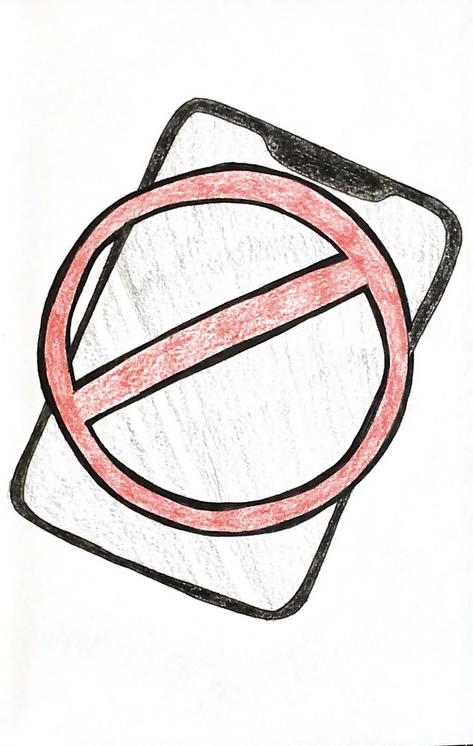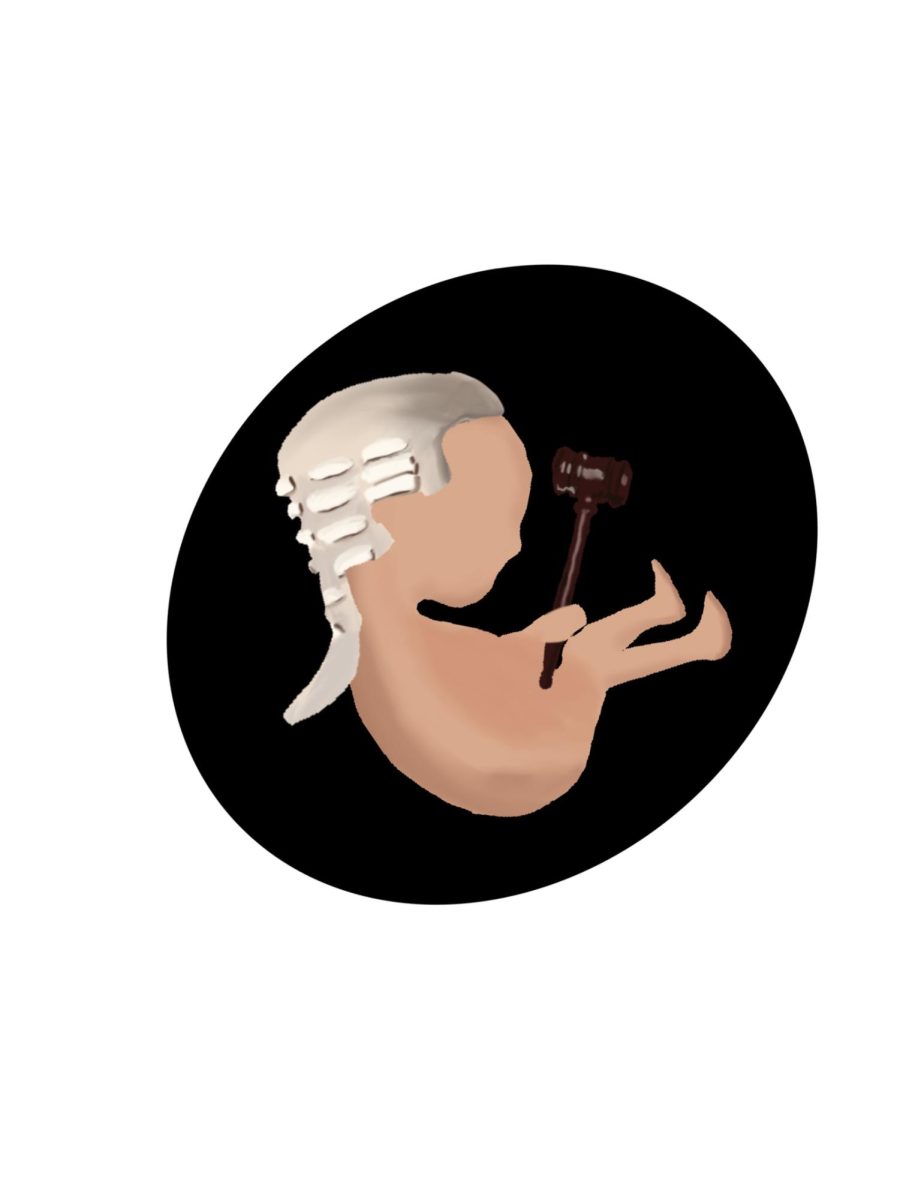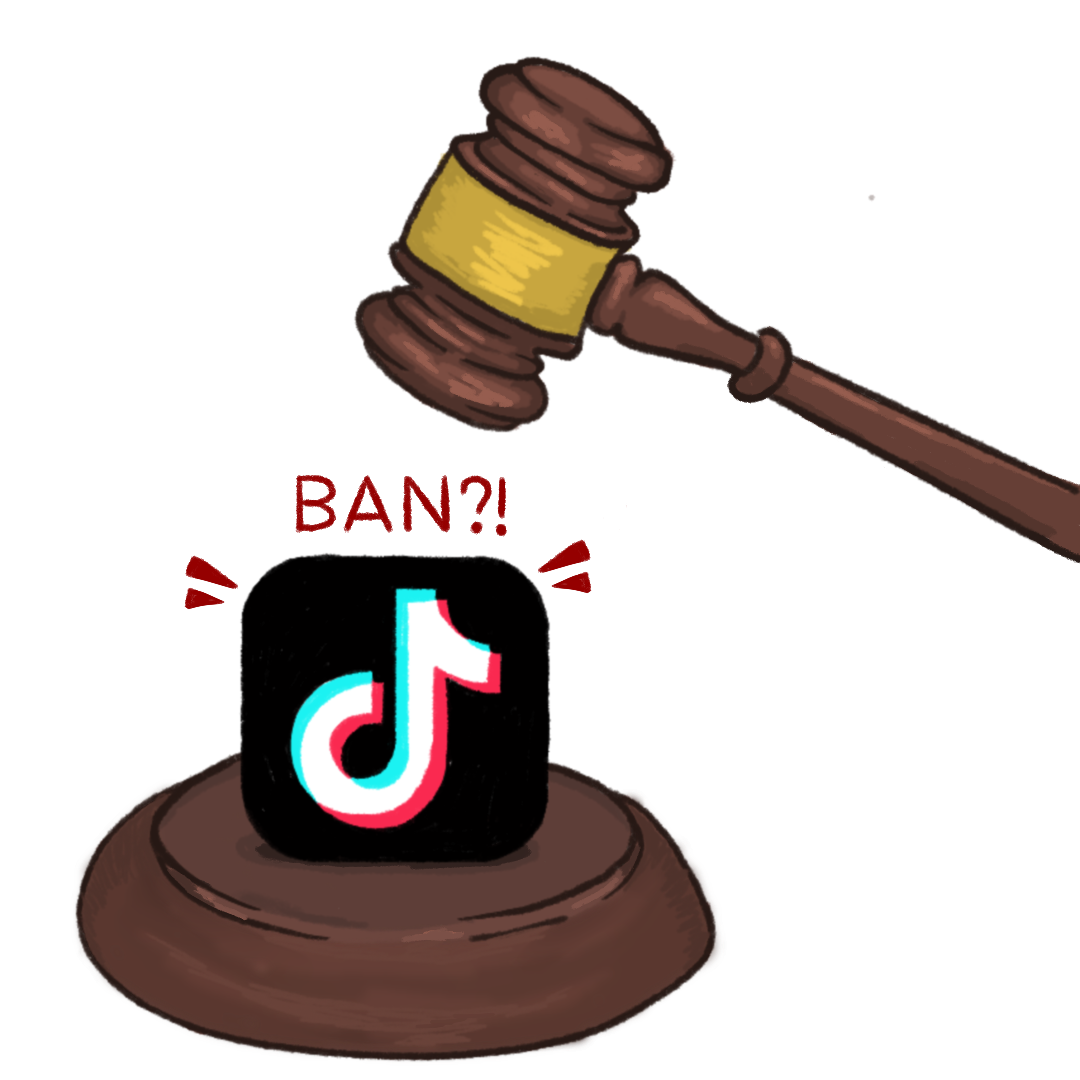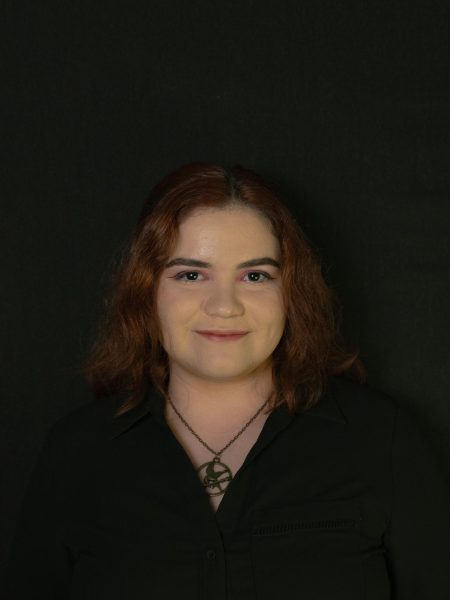James Madison High School in south Houston saw a massive student walkout on Feb. 8 after they implemented a complete cellphone ban, among other new rules. Under this rule, students are required to turn in their phones to the school when they arrive in the morning and get them back at the conclusion of the school day during their last class period. Madison students protested this ban as ‘unconstitutional,’ claiming that it made them feel like prisoners. In response to the walkout, school principal Edgar Contreras started suspending students.
Madison High School implemented this ban after a series of fights, claiming that “cellphone video” is responsible. Students responded, quite correctly, that cellphones do not cause fights and that these altercations will continue despite their removal, just as they occurred before cellphones came into existence. At most, phones are there to capture the evidence and the facts of such violent encounters, which one would think school authorities could appreciate.
Asking students to turn in their cellphones during class time is nothing new, with many teachers having a dropoff area at the front of their classrooms where students are required to put their phones. Edgewater High School in Orlando, Florida, implemented such a policy last year, asking students to leave their backpacks and phones at the front of their classrooms, taking only what is necessary for instruction to their desks. Principal Heather Kreider claims the results on students’ focus and mental health have been positive, and they may very well be.
Having access to their cellphones at all times can be detrimental to people, especially minors, and limiting their use during instructional periods, within reason, can be a productive route for school districts to take. However, the absolute removal of them from students is unacceptable.
For one, students have no guarantee that they will receive their property intact and unbreached. Two, the hunt for students who break this rule will lead to time taken away from teaching and suspensions, which do not protect education at all. Finally, taking away students’ access to their families is dangerous. One student from Madison High School complained that because of the ban, she was unaware that her mother was in the hospital. Being cut off from urgent news is not the only problem.
As of Feb. 16, the United States has seen 12 school shootings in 2024. American youths not only have to cope with living in a country where they can be shot in their classrooms by schoolmates or strangers any day due to their government’s inability to protect them, but now their ability to communicate with their families during such moments is being threatened. With every cellphone locked up in an office comes the potential of robbing a child from calling for help or worse, saying goodbye to their parents.
While it is very true that cellphones can be detrimental to the classroom environment and education, banning their use to the point of taking them away from people for hours is an irresponsible and wasteful abuse of authority.













